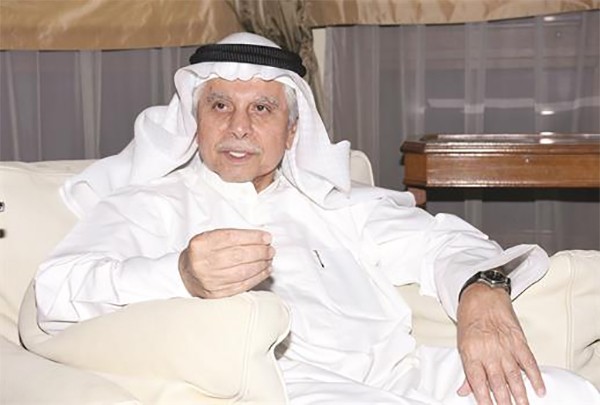15/06/2020
15/06/2020
Following is the second part of Saud Abdulaziz Al-Arfaj open letter to His Highness the Prime Minister outlining problems and solutions faced by Kuwait society. – Editor By Saud Abdulaziz Al-Arfaj

To His Highness the Prime Minister The real problem lies in the two assemblies, ‘the Parliament’ and ‘the Municipal Council’. The Parliament is a barrier to the country’s march to progress, which has delayed all aspects of education, health, ethics, religion, industry and technological advancement.
This is due to the fact that our Parliament is controlled by four majority forces – tribal, sectarianism, religiosity (the Muslim Brotherhood, the Salafis and others) and the force which serves the merchant community and influential people.
Unfortunately, for more than 20 years, the Parliament has been heterogeneous and does not represent all Kuwaitis, although there are some MPs whom we respect, but unfortunately a majority of the MPs are the ones who violate the laws and run after selfish interests to make illegal gains.
However, the biggest problem is the fact that an MP enters the Parliament with a specific personal agenda that serves a group or a tribe or sect, and a majority of them are not well-educated and do not know much about the role an MP must play in the National Assembly.
However, all that matters to them is how to satisfy their personal and sectarian agendas. Strange enough, the candidates spend huge sums of money during election campaigning ranging between KD 5,000 and 10,000 daily on an average for banquets and gifts, and the cost of the election campaign reaches an equivalent of one million dinars depending on the capabilities of the candidate and the faction he or she represents.
It is worth mentioning that the salary of a parliamentarian is about KD 2,500 which is not enough to cover the family expenses taking into consideration the education of children and other expenditures, so from where do they get these millions in their accounts which the newspapers continue to reveal day after day?
I remember a statement issued by one of the former Speakers of the National Assembly when he asked: “How can we develop if our members are ‘mediocre’ in the National Assembly? Give us competent MPs and we’ll give you excellent work.”
Your Highness the Prime Minister, the biggest challenge is the prevailing corruption in most government institutions.
Whenever, a zealous minister is appointed who is worthy of accomplishments with a positive mind towards progress, he/she stumbles upon a nest of corruption lobby in his ministry with some officials affiliated to the MPs, who report to them every error which the minister commits.
At the same time, we find some of the ministers are afraid of confrontation, and cave in to the demands of the MPs for fear of being grilled and as a result such ministers leave their ministries empty handed without achieving any progress.
When a minister is strong, he/she faces the corrupt decisively, either by referring the corrupt to the Public Prosecution or getting rid of those who stand in the way of implementing his reform plan, and this sparks a new episode in the chain of confrontation between the government and the MPs affiliated to the corrupt and influential people. As for the Municipal Council, the disaster is even greater.
We know that the role of municipal councils is to put in place and develop the organizational plan of the state, organize cities, streets, and bridges, and develop infrastructure and rehabilitate it from the industrial and developmental aspects. All this work is technical and it needs people with expertise and experience in that field.
However, given that the forces which control the Parliament are the same which once controlled the Municipality, we find unqualified or rather mediocre engineering and technical personnel, and the fruit of that is ill-planning of areas such as Farwaniya, Abbasiya, Jleeb Al-Shuyoukh, Firdous and other areas that were established by the recent Municipal Councils with the objective of getting a slice of the ‘land valuation cake’.
This comes into better contrast when compared to the municipal councils of the 1960s and 1970s of the last century which were planning cities, road networks and residential suburbs, based on the latest systems and infrastructure that made life easier in terms of the cooperative societies, schools, mosques, entry and exit roads which ensure smooth flow of traffic in each area of Kuwait.
To know how tragic the situation is, just compare the Kuwait University, Shuwaikh Secondary School, Kuwait Fund for Arab Economic Development, Al-Seif Palace, and the Municipal Council HQ (the first National Assembly building) buildings, let alone the old residential areas, with the ones established in the near past.


